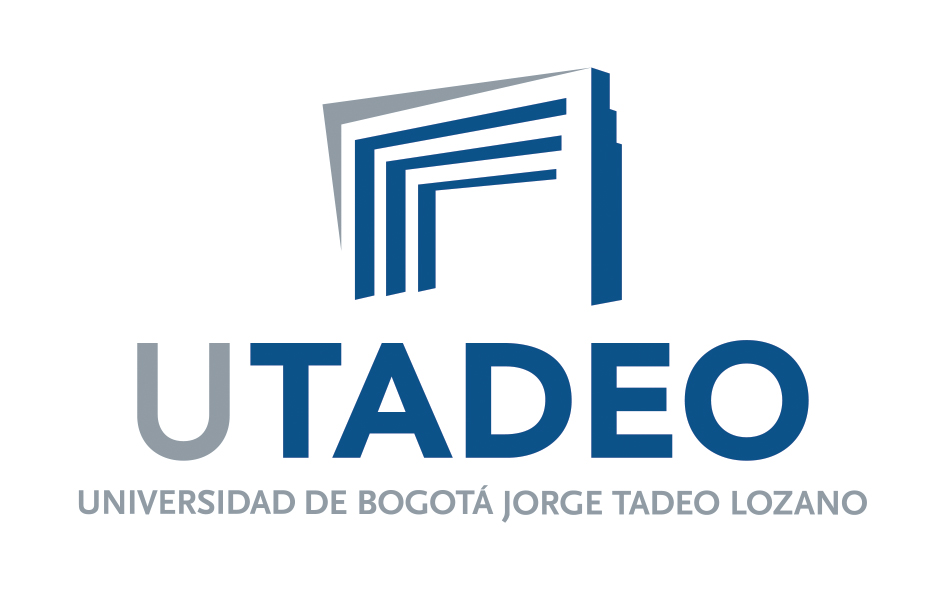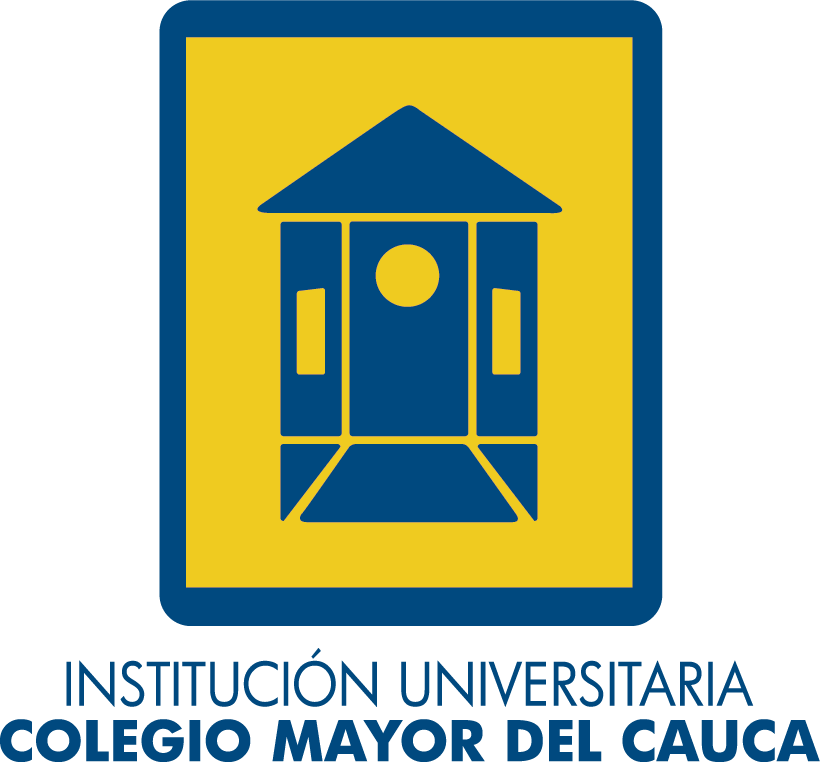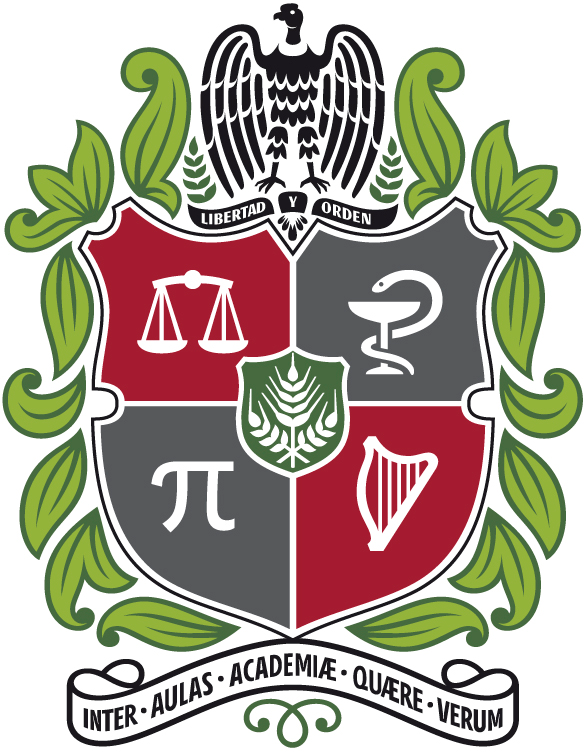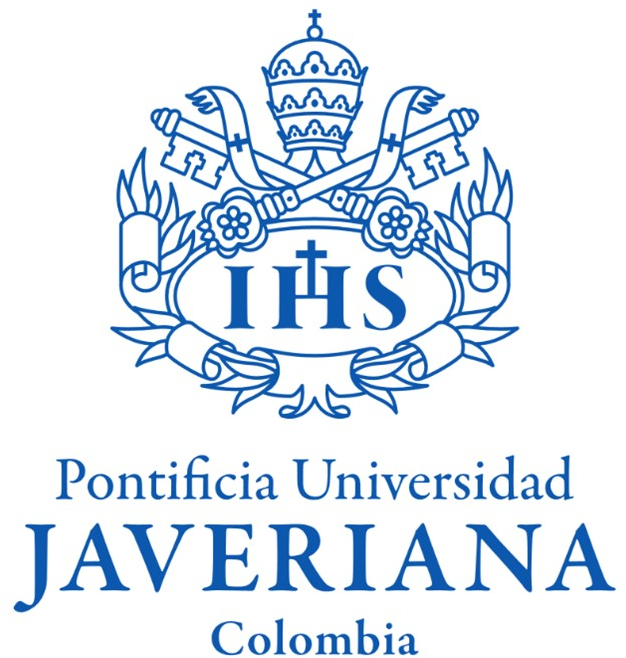- Home /
- Líneas y sesiones temáticas
Líneas y sesiones temáticas
The global concept of this conference edition is:
New challenges in the contemporary development of cities.
Next, the eight thematic lines that will be developed during the CTV are detailed. Its programming during the parallel sessions will be based on the distribution of the received abstracts and final accepted papers. Also, based on the two congress headquarters.
PARALLEL SESSIONS TO BE HELD ONLY IN BOGOTA
City, mobility and sustainable urban development
Environmental pressures and the economic and social effects of transport and territorial mobility are of great importance in sustainable development. Therefore, the challenge of developing sustainable infrastructure and means of transport at territorial and urban levels must be a strategic priority for the growth of cities and their metropolitan regions. The biggest challenge of today's cities is managing the mobility of people and cargo. Particularly, Latin American cities experience the increase in passenger traffic, cargo volume and the accelerated growth of the vehicle fleet. Therefore, having a long-term perspective that focuses on sustainability is a decisive factor in the future of mobility and in the development of large urban areas and their metropolitan regions.
Papers are invited on topics related, but not limited, to:
• Sustainable urban mobility and public policy
• Transport-oriented urban development
• Urban development and sustainable transport
• Transport management
• Mobility and big data
• Benchmarking for sustainable mobility
• Sustainable transport and urban vitality
• Inter-modality and city region
Smart Cities and digital habitats
Information and Communication Technologies - ICT increasingly affect the functionality of cities, especially, driving transformations in their labour markets and the way in which the inhabitants interact. Therefore, it is important to determine to what extent ICTs can contribute to the development of smart, sustainable, economically efficient and socially inclusive cities. Similarly, it is interesting to know how transformations in labour markets, due to the growth of services widely based on ICTs, are impacting the urban form of urban systems.
Papers are invited on topics related, but not limited, to:
• Innovation Districts
• Creative Districts
• Smart cities
• Virtual models of urban and territorial analysis
• Knowledge and creative economies
The post-conflict, intermediate cities and small towns
The peace agreements pose new challenges for the country's urban agenda in the post-conflict framework. Hundreds of small and medium-scale cities have been traversed by the phenomena of violence in the country. The peace agreements open a new scenario to think about the transformation of these territories, from their planning processes to the generation of new productive and connectivity infrastructures.
Papers are invited on topics related, but not limited, to:
• Intermediate city planning
• Transition and normalization zones
• Social design and coexistence
• Urban migration, services and inclusion spaces
• Sustainable development of small populations
• Memory and spaces for physical and symbolic repair
• Globalization and post-conflict
Post-pandemic City and Housing
The challenges to the development and transformation of territories and societies brought about by the Covid-19 pandemic raise important questions about the distribution of land use, the urban footprint and housing densities. These challenges call for the construction of new models of territorial and built environment planning in accordance with the new social and economic realities, with impacts on lifestyles and the way we use the territory.
Papers are invited on topics related, but not limited, to:
• New modes of habitat in housing
• Social housing and post-pandemic housing
• New instruments of territorial management and planning
PARALLEL SESSIONS TO BE HELD IN BOGOTÁ AND CARTAGENA
Climate change, sustainability and built environment
Global warming is an unequivocal fact, increasingly affecting the ecosystems of the entire planet, especially urban ecosystems, with the consequent increase in singular events (heat waves, torrential floods, droughts, gales). In this sense, it is essential to radically rethink the historically inherited urban development model, promoting the reduction of greenhouse gas emissions; as well as, the effects of this phenomenon on the population, both from territorial planning, and from urban design.
Papers are invited on topics related, but not limited, to:
• Climate change and public policy
• Risk reduction
• Urban Resilience
• Climate emergency
• Extreme events
• Urban health
• Remote sensing
• Urban heat island
• Risk management and governance
Marginality, habitat and urban development
Population changes and the complex processes of urbanisation in contemporary cities have brought with them great challenges for their management and planning, including the marginality of urban settlements. Thus, marginality has become a complex phenomenon that in post-industrial societies is perpetuated by the conditions of specialisation in work, which emphasises some economic activities over others, driving sectors of the population to a certain socio-economic marginality reflected in conditions of spatial inequality evident in particular patterns of territorial occupation. In this way, the review of the phenomenon of urban marginality and its habitat conditions, from different perspectives, allows the understanding and characterisation of cities in the light of four historical urban conditions: 1) economic and production activities; 2) population processes; 3) relationship with the territory and 4) urban growth; all in a context that allows the identification of trends and challenges for urban policy in our cities.
Papers are invited on topics related, but not limited, to:
• Habitat, housing and informal urban processes
• Mobility, public space and informal urban processes
• Segregation, inequity and spatial justice
• Territory, sustainability and environment
• Neighbourhood improvement and participatory processes
• Settlements, public policies and urban planning
• Planned marginality and urban development management
Culture, Art, Heritage and Urban Development Policies
The processes of patrimonialisation to which historic centres in different geographical contexts have been exposed have brought with them the development of economic activities such as tourism, which are presented as an engine of economic development for communities but which, if not properly planned, have consequences that are evident, for example, in the displacement and replacement of inhabitants and traditional activities in the old areas of cities and even in the destruction of the urban fabric, to make way for an urban renewal that ignores the cultural significance of these scenarios. The various aspects of this phenomenon in Europe, North America and Latin America suggest that the debate is far from over, as it is an issue that has been addressed for only a few decades in relation to the emergence of tourism and gentrification, and that at the same time there is an urgent need for proposals to mitigate these problems, which are now associated with the heritage character of historic centres.
Papers are invited on topics related, but not limited, to:
• Management and conservation of historic centres
• New tourist environments in cultural heritage
• Banalization and tourism of cultural heritage
• Gentrification
• Globalization and identity
• Patrimonial valuation of historical centres
Contemporary paradigms in the planning and planning of cities in the Global South
The condition of urban growth in the cities of emerging economies of the Global South poses new and decisive challenges for the global development of these regions. In this sense, a series of trends are happening in parallel, having as a common vector the expansion of urban systems and a greater atomization of these developments. Structural and historical aspects in the growth of these cities persist, such as the problems of mobility, segregation, informal growth of the peripheries, etc.; while new growth dynamics emerge from changes in economic structures, and the dynamics that globalization processes drive. Public policies must point to the balanced ordering and growth of these urban systems, eliminating the negative externalities of urbanization processes.
Papers are invited on topics related, but not limited, to:
• Governance, urban development and urban segregation
• Policies in risk management
• Social construction of urban space
• Management and development management of small towns and rural areas























